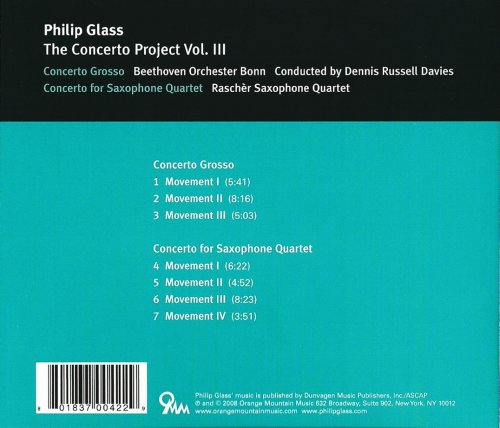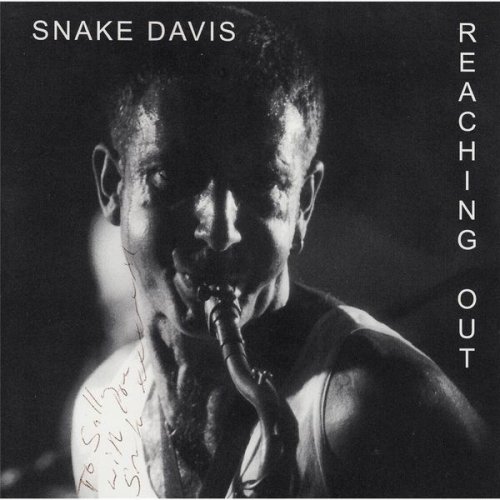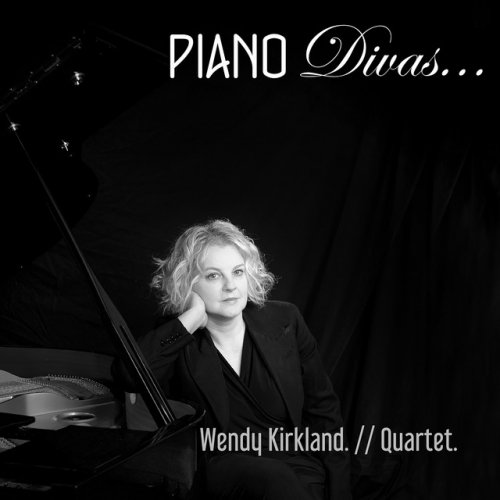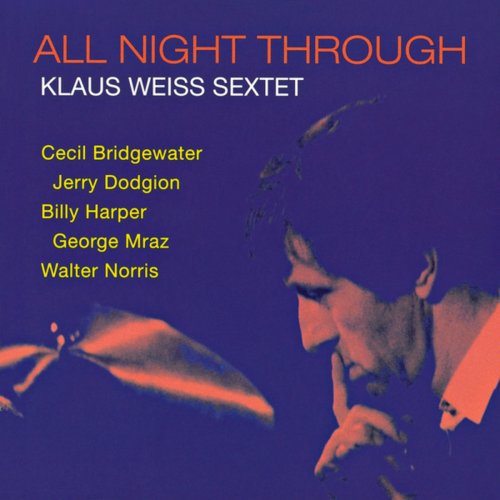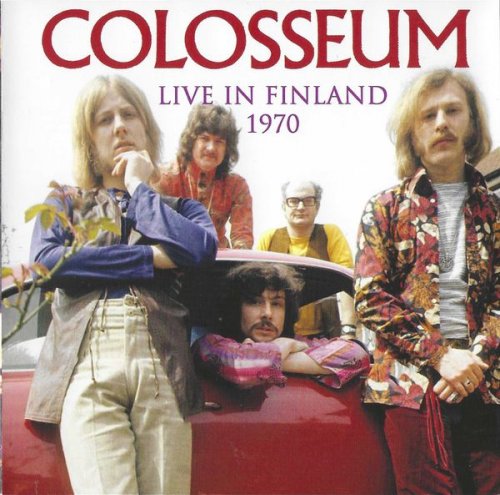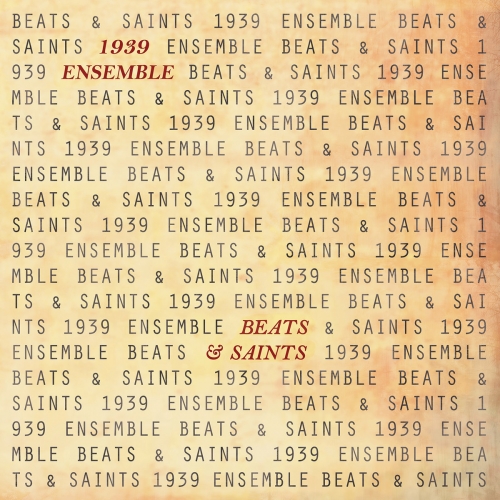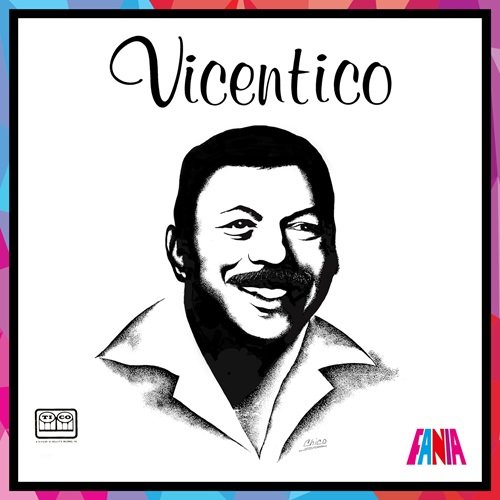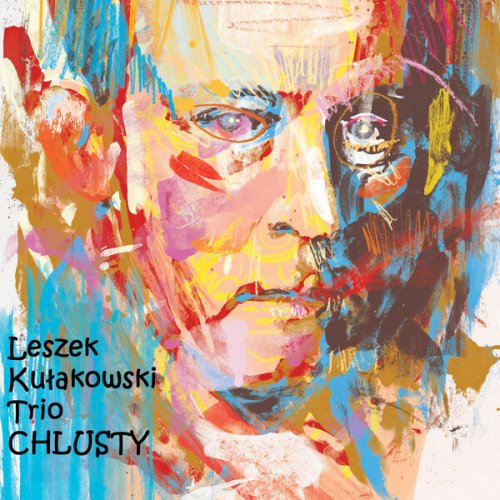Beethoven Orchester Bonn, Dennis Russell Davies, Raschèr Saxophone Quartet - Glass: The Concerto Project Vol. 3 (2008)
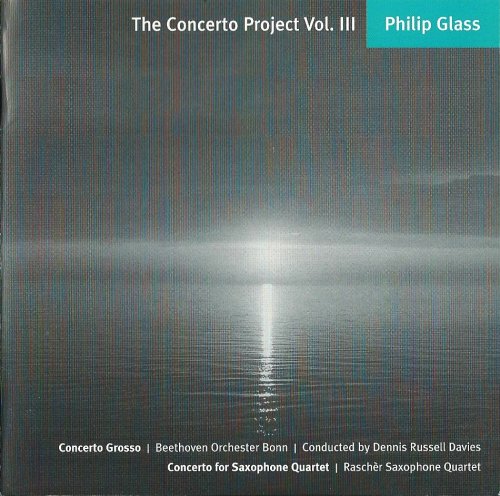
Artist: Beethoven Orchester Bonn, Dennis Russell Davies, Raschèr Saxophone Quartet
Title: Glass: The Concerto Project Vol. 3
Year Of Release: 2008
Label: Orange Mountain Music
Genre: Classical
Quality: FLAC (image+.cue,log,scans)
Total Time: 42:27
Total Size: 241 Mb
WebSite: Album Preview
Tracklist: Title: Glass: The Concerto Project Vol. 3
Year Of Release: 2008
Label: Orange Mountain Music
Genre: Classical
Quality: FLAC (image+.cue,log,scans)
Total Time: 42:27
Total Size: 241 Mb
WebSite: Album Preview
Philip Glass (b.1937)
Concerto Grosso
1. Movement I 5:41
2. Movement II 8:16
3. Movement III 5:03
Concerto For Saxophone Quartet
4. Movement I 6:22
5. Movement II 4:52
6. Movement III 8:23
7. Movement IV 3:51
Performers:
Beethoven Orchester Bonn
Dennis Russell Davies - conductor
Raschèr Saxophone Quartet
The two works on Philip Glass: The Concerto Project, Vol. 3, really only qualify for inclusion in the series by virtue of their names, since neither sounds like a conventional concerto; the Concerto Grosso sounds simply like an orchestral piece, and the version of the Concerto for Saxophone Quartet recorded here is scored only for the quartet, without orchestral accompaniment.
The works, from the 1990s, are recognizably by Glass, but move in some directions that are less typical of his signature style of the late twentieth century. The dark-hued Concerto Grosso uses more dissonance than is usual in his work of that period in its first movement, and its middle movement is throbbingly Romantic. While each of the movements of the Concerto Grosso is monothematic and remains in the same key, the Concerto for Saxophone Quartet is altogether more mercurial, with shifting moods within the movements. It's also more contrapuntally conceived than much of Glass' music, and the independence of its lines sometimes leads it into surprising dissonance. Its jumpy second and fourth movements are especially playfully unpredictable and attractive, and the third movement, while more typically homophonic, is sweetly languid. The piece is a significant addition to the saxophone quartet repertoire for the ensembles with the chops to pull it off. The Raschèr Saxophone Quartet plays with consummate smoothness, finesse, and a creamy blend. Dennis Russell Davies leads Beethoven Orchester Bonn in a sober reading of the Concerto Grosso. The sound is clean and vibrant.
The works, from the 1990s, are recognizably by Glass, but move in some directions that are less typical of his signature style of the late twentieth century. The dark-hued Concerto Grosso uses more dissonance than is usual in his work of that period in its first movement, and its middle movement is throbbingly Romantic. While each of the movements of the Concerto Grosso is monothematic and remains in the same key, the Concerto for Saxophone Quartet is altogether more mercurial, with shifting moods within the movements. It's also more contrapuntally conceived than much of Glass' music, and the independence of its lines sometimes leads it into surprising dissonance. Its jumpy second and fourth movements are especially playfully unpredictable and attractive, and the third movement, while more typically homophonic, is sweetly languid. The piece is a significant addition to the saxophone quartet repertoire for the ensembles with the chops to pull it off. The Raschèr Saxophone Quartet plays with consummate smoothness, finesse, and a creamy blend. Dennis Russell Davies leads Beethoven Orchester Bonn in a sober reading of the Concerto Grosso. The sound is clean and vibrant.
